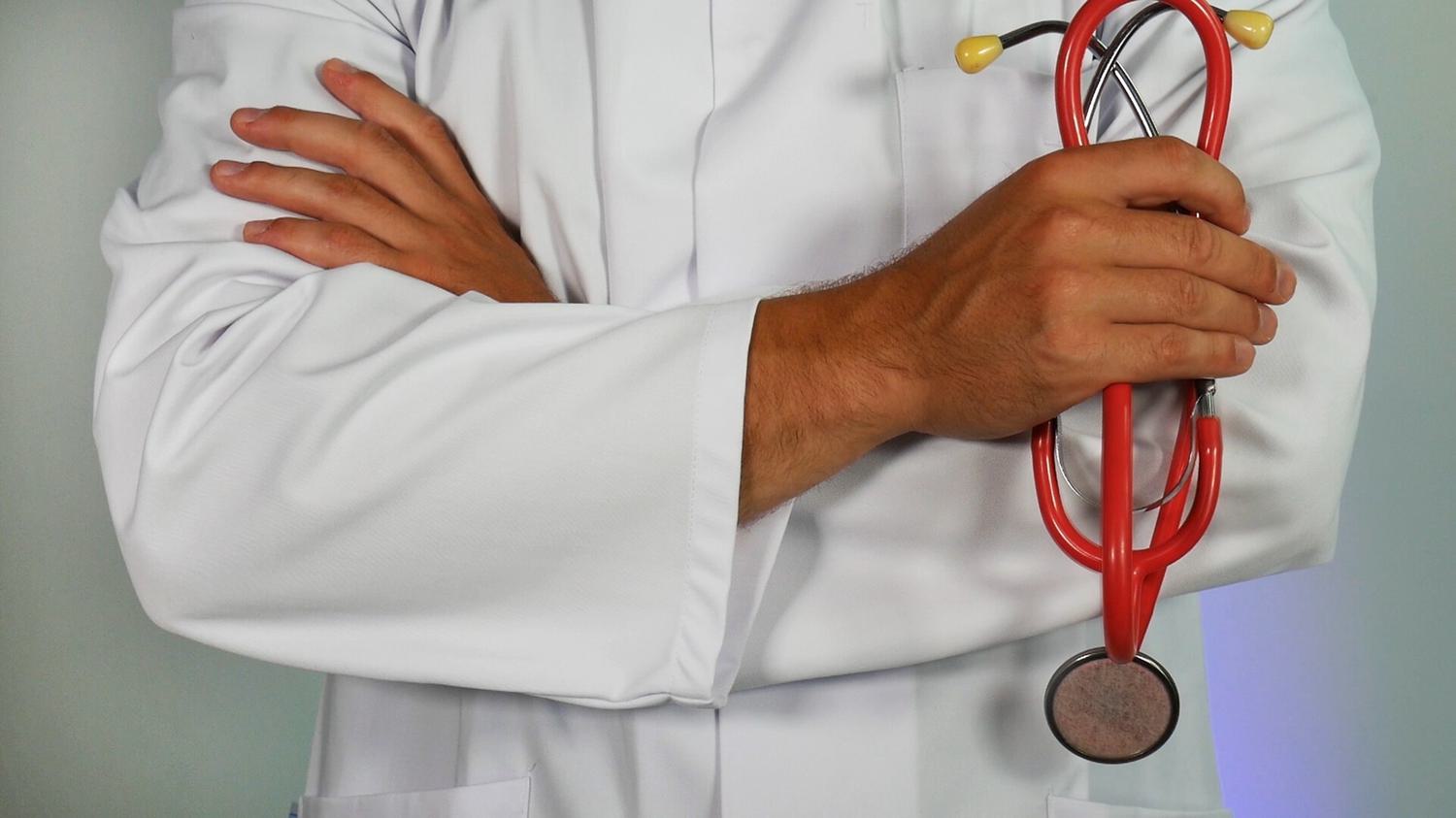Cayman can justifiably boast a world-class healthcare service, particularly when one considers its size and population. According to the latest figures from the Economics and Statistics Office, we are fortunate to have over 2,000 registered healthcare professionals in public and private employment across the Islands, working in facilities that include hospitals, pharmacies, laboratories, physician practices and therapy clinics.
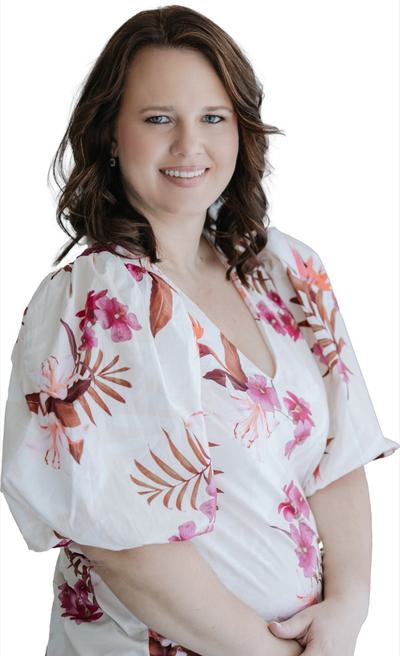
Dr Olivia Antos-Khan
Dr. Olivia Antos-Khan is an Orthopaedic Surgeon at Cayman Orthopaedic Group.
Why did you choose your field of speciality?
Orthopaedics is such a rewarding field because patients are so grateful. It's so diverse! You need to get creative and think outside the box. No two cases are ever the same.
Who inspired you to become a doctor?
Dr Nabil Khan, who is not only my colleague but husband. He is determined and motivated, and always eager to help and teach.
Professor Anthony Robertson, Head of Paediatric Orthopaedic Surgery, University of Witwatersrand, Johannesburg, South Africa is a wonderful person and mentor. He has a passion for teaching, compassion towards each and every patient regardless of their background, and an excellent bedside manner.
My sister, Dr Sylvia Antos is one of the kindest doctors I know. She goes over and above for every single patient that crosses her path, and she motivates me to be a better doctor.
If you had to write a biography, who would it be dedicated to?
My grandparents. They believed in me, my abilities, and my dreams. I wish they could see what I have achieved and had a chance to meet my three beautiful children.
What excites you about medicine in general?
The way it is progressing, the new technology available to us, and that we are constantly learning.
How do you handle a patient/relative challenging your professional opinion with the information they found online?
I feel it's their own prerogative, especially if they are grown up and can make informed decisions. I would still give my opinion and explain which option is better, but ultimately the decision is theirs (so long as it doesn't involve minors or cause harm to another individual).
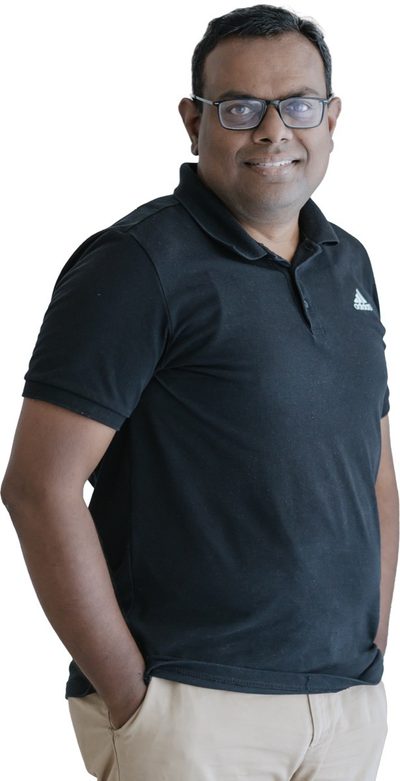
Dr Rajnish Kumar
Dr. Rajnish Kumar is Consultant Physician and Diabetologist at Total Health Ltd
Who inspired you to become a doctor?
As a student I worked part-time at a local medical clinic back in India. I was around 16 years old and I worked with the First Aid Team and I met patients for first aid and triage. Watching doctors and other paramedics managing patients and seeing how they interacted with the patients made me really think about medicine as profession.
Would you like your own children to work in the same field as you?
Yes, I would love for my children to become doctors. This field has given me everything, but truly I will support my children’s passion or interest in any field they decide to pursue.
Which medical professional on island would you recommend for a ‘Golden Stethoscope Award’ and why?
Dr Gyanendra Jha, ENT Surgeon at Total Health. He is a very gentle and knowledgeable person and has guided me and other staff at Total Health both professionally and personally.
If you had to write a biography who would it be dedicated to?
To my patients, who have been my best tutors over so many years.
What qualities do you think are most important in a good doctor?
I think a good doctor should be a calm listener, a prompt responder, hardworking, personally disciplined, and be in good health.
How do you handle a patient/relative challenging your professional opinion with the information they found online?
This is tough because educating someone who has no knowledge is much easier than educating somebody who has the wrong information. I would let the patient explain whatever he knows about the subject, and then I would give them the correct, evidence-based information.
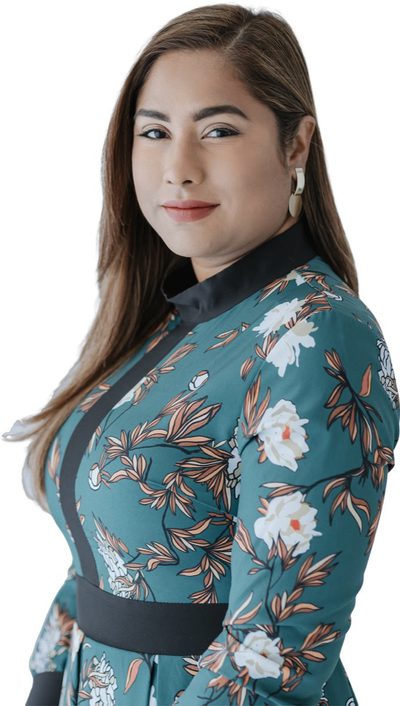
Dr Nadia Balleram
Dr Nadia Balleram is a General Practitioner/Family Physician at Cayman Clinic
Why did you choose your field of speciality?
Family Medicine is such an important specialty. It plays a significant role in providing continuous care of a person and their family. I love seeing such a wide variety of medical conditions on a daily basis. One minute you are seeing a child with a common cold, the next an elderly patient with a life-threatening condition. It definitely keeps me on my toes! I am always learning and growing in this field of medicine.
What is your greatest achievement to date?
I would say it’s undoubtedly being a mother of two active boys and working full time as a physician. Hats off to ALL mothers out there. You are doing a fantastic job raising our little ones in this world.
Which medical professional on island would you recommend for a ‘Golden Stethoscope Award’ and why?
Of course, it would be Dr Virginia Hobday. Her compassion and resilience amaze me, she is the absolute matriarch. Apart from being a highly qualified family physician, she has also contributed so much to the Cayman community through her work in hospice care at Jasmine and at the Breast Cancer foundation. Her work has positively impacted thousands of families in the Cayman Islands.
How do you handle a patient/relative challenging your professional opinion with the information they found online?
I actually welcome it! I love when my patients research and educate themselves. It allows them to become more involved in the decision-making process of their healthcare. However, the internet is so vast, with a plethora of data, so I would guide their research and advise them on credible sources from which they can gather information. It is always best to have a consultation with your doctor so they can address any concerns you may have.
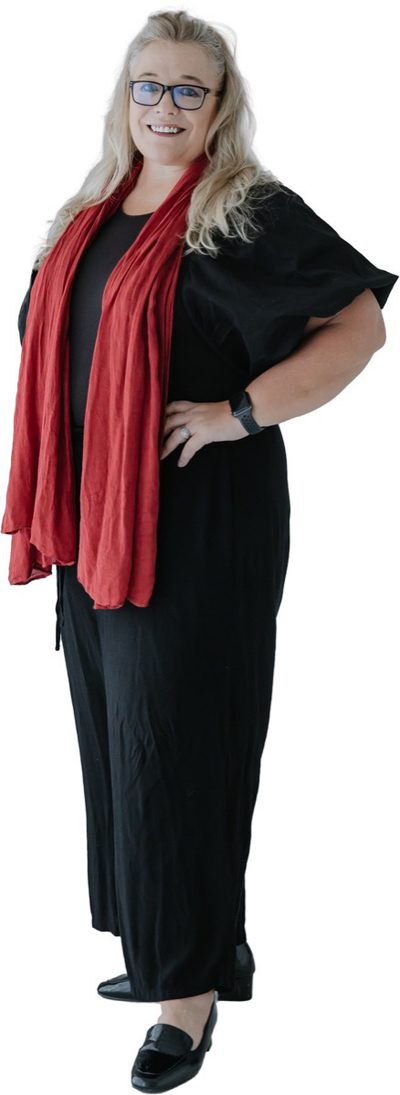
Dr Liezel Anguelova
Dr Liezel Anguelova is a Psychologist at OnCourse Cayman
Why did you choose your field of speciality?
My interest in working with people initiated my studies in the field of teaching. During this time I narrowed down my interest in teaching to working with children with specific learning, behavioural and emotional problems, as part of a team working at an Institute and School for mentally handicapped and abused children. This sparked my interest in the field of psychology and once I started studying psychology, I knew I had found my passion. My special interests are trauma, neuropsychology, psychological assessment, and forensic work.
Who inspired you to become a doctor?
It was Professor Gertie Pretorius, from South Africa, who I was fortunate to meet early in my twenties. She is my ‘professional mother’, a role model and continuous support system. She was also the supervisor of my Doctoral research.
What is your greatest achievement to date?
On a personal level, my marriage to my maths wizard professor, who somehow understands me and raising my boy and girl twins, who are now adults.
Professionally my book, “Working with adult survivors of childhood sexual abuse”, published by Routledge. The book is intended be used by professionals working in the field as a therapeutic framework and is also used by survivors as a personal self-help guide.
What are the most common issues you see in your clinic?
Trauma, depression and anxiety in children, and adults and children with learning disorders.
What qualities do you think are most important in a good doctor?
Human compassion and a scientific mind.

